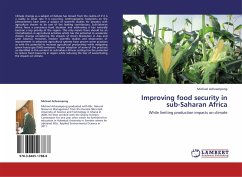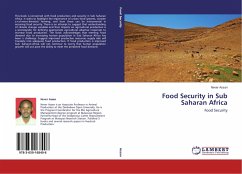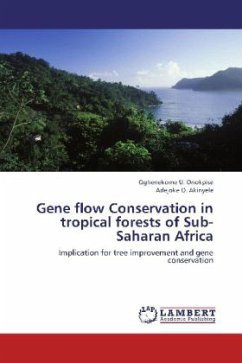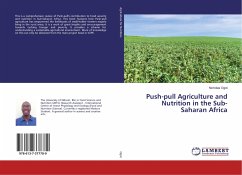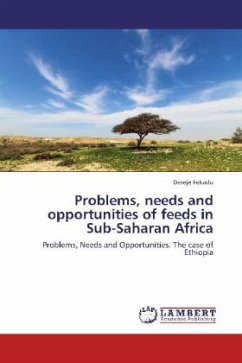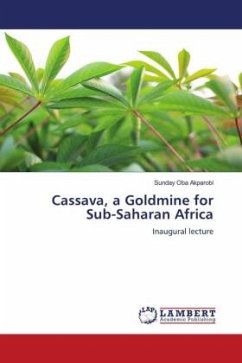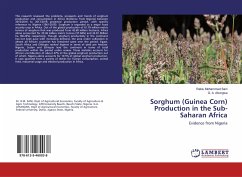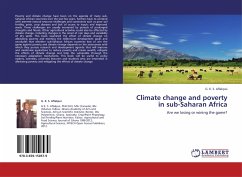Climate change as a subject of debate has moved from the realms of if it is a reality to what rate it is occurring. Anthropogenic footprints on the phenomenon have been a subject of scientific studies for decades with agriculture shown to be one of the leading contributors. Sub-Saharan Africa faces a precarious food situation and addressing it has naturally become a top priority of the region. This only means there should be an intensification in agricultural activities which has the potential to accelerate climate change considering the impacts of Green Revolution in Asia and Latin America. However, modern scientific studies and observation of improvement in advanced agricultural systems have proven some practices as with the potential to increase agricultural productivity while mitigating green house gas (GHG) emissions. Proper adoption of some of the practices as identified in the content to sub-Sahara African setting has the potential to reduce food insecurity in region whilereducing the fear of exacerbating the impacts on climate.
Bitte wählen Sie Ihr Anliegen aus.
Rechnungen
Retourenschein anfordern
Bestellstatus
Storno

